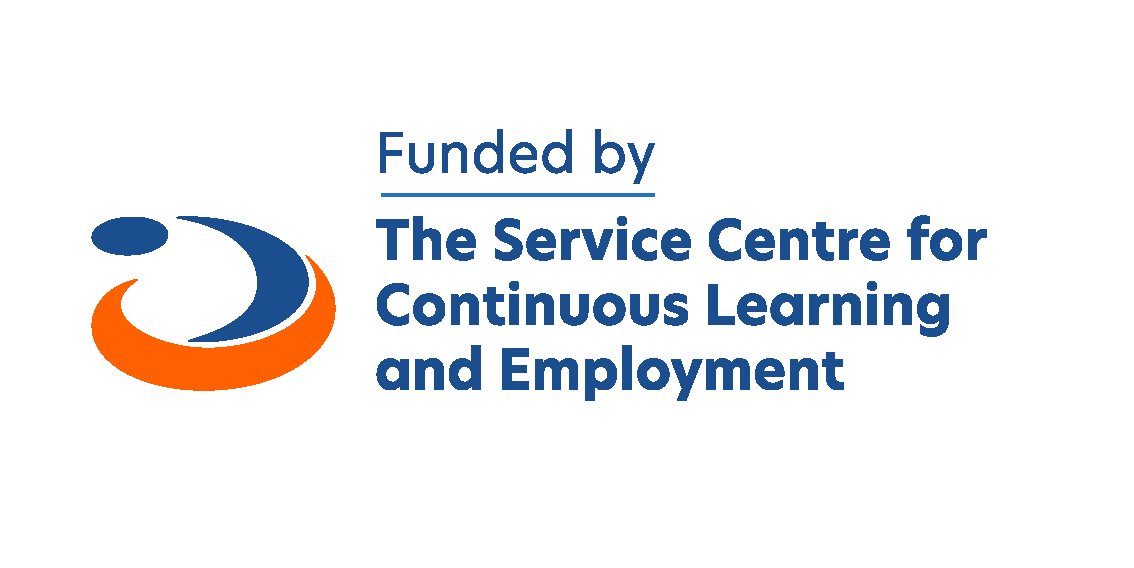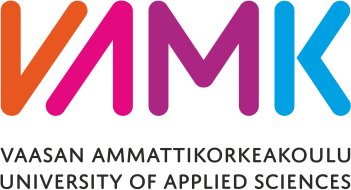
Project information:
Official name of the project: Targeted needs of the battery value chain
Duration of the project: 15.8.2023 - 31.10.2024
Project coordinator: VAMK
Project partners: Centria, EduVamia, LAB
Funding: SECLE
Budget: 46 778 €
RDI platform: Smart Industry
Language: Finnish
Project description
The training will cover the battery value chain from material level issues to the charging of finished batteries, including the production chain. It is essential for the life cycle of a battery that its characteristics are sufficiently well known and that it is handled safely and carefully in all aspects. With the right measures and know-how at different stages of the chain, it is possible to extend the life cycle of batteries and battery packs. This has a direct link to the environmental and economic impact – by completing all the training courses, there is the potential for even greater benefits to be gained from battery use by becoming familiar with all the different stages of the battery value chain.
As the battery industry grows, there is a need for highly skilled professionals. The new Targeted Needs of the Battery Value Chain training will start in cooperation between Vaasa University of Applied Sciences, Centria University of Applied Sciences, LAB University of Applied Sciences and the secondary school Vamia. The training is free of charge and will be conducted entirely online, so participation is possible from anywhere in Finland.
The target group is people working with batteries or wanting to work in the field. The training is primarily aimed at people who are employed or inactive (people who are not unemployed but are on family leave, for example). To participate, participants must have their own computer and a network connection. The courses are at undergraduate level and are suitable for engineers and vocational school graduates with a multidisciplinary background. To be successful, applicants should have completed at least a 2nd level of education.
Goals
The shift to the automotive sector and the increased use of batteries for electricity storage will increase investment in the battery sector, which will increase the need for highly skilled battery industry professionals. The aim of the training is to update participants’ skills to meet the skills needs of the structural change in energy production.
Results
The project will result in a battery industry with up-to-date skills to meet the changing skills needs of the energy industry. The training will provide participants with a holistic view of all stages of the battery value chain, enabling them to work in the battery industry in a way that is adaptable to change.





